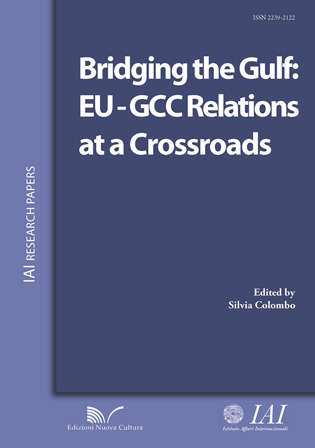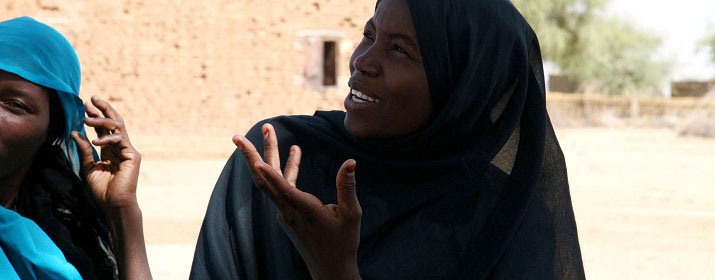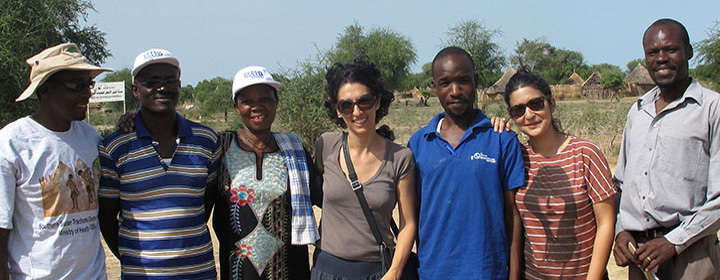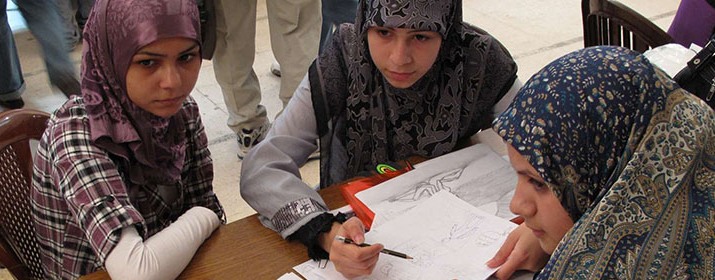Relations between the European Union and the Gulf Cooperation Council (GCC) have evolved considerably since the late 1980s when the Cooperation Agreement was signed. Following the failure of the free trade negotiations in 2008, cooperation between the two regional blocs remained low-key but in the wake of the global financial crisis and the 2011 Arab uprisings new opportunities for cooperation emerged.
The volume addresses the shortcomings and potential of EU-GCC relations by taking stock of their past evolution and by advancing policy recommendations as to how to revamp strategic cooperation in the years ahead. In this respect, chapters focus on policy areas where a greater room for manoeuvre exists, discusses the instruments available and sheds light on the features of the regional and international settings that are likely to significantly influence this new phase in relations between the two blocs.
Bridging the Gulf EU-GCC Relations at a Crossroads









